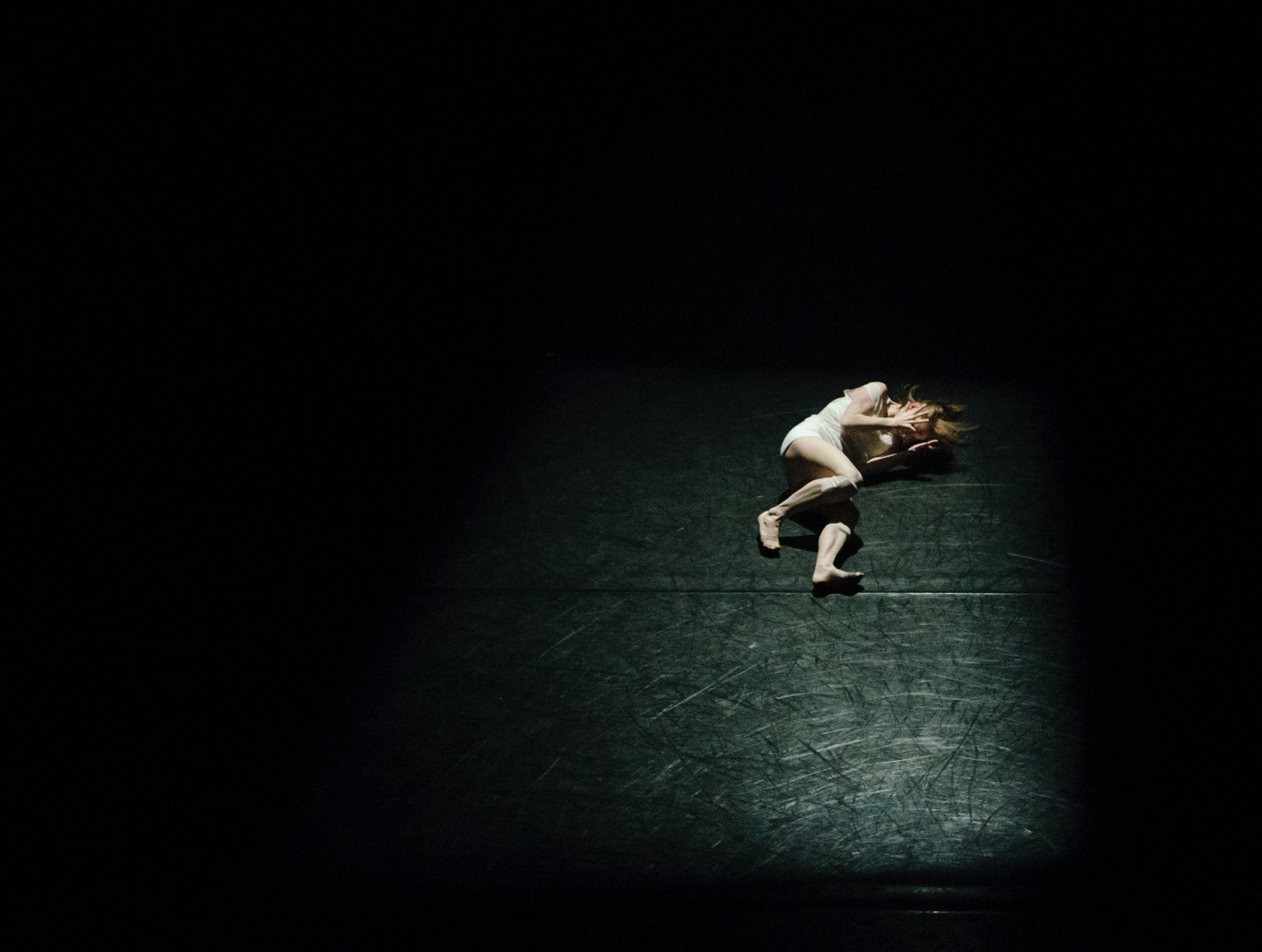Scotland
At the beginning of the nineteenth century

Victorian era (years 1837–1901)
Plays with uniquely Scottish subjects began to prevail on stages across Scotland
This was the beginning of what is now known as Scottish "national drama." Two of the compositions with a Scottish theme that was already part of the repertory were John Home's (1756) and Ramsay's Douglas.
- James Planché
- Lord Chamberlain
- Oscar Wilde
In the year 1847, a critic who went by the alias Dramaticus published a treatise under the same name in which he exposed the deplorable condition of British theater. For the most part of the first half of the 19th century, only the Patent theatrical companies were allowed to perform drama in London and provincial theaters; all other theaters were only allowed to produce musical entertainments. This restriction was in place across the United Kingdom (although magistrates had powers to license occasional dramatic performances).

